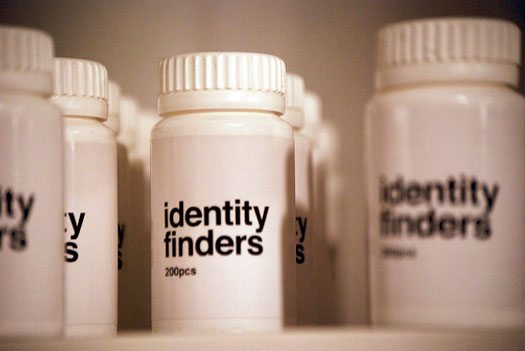
August 13, 2017; Omaha World-Herald
The United Way of the Midlands in Omaha, Nebraska is trying hard to resist becoming obsolete, but like many of its counterparts, it’s facing declining revenues in its annual campaign and an ever-muddier distinguishing purpose. Its annual fundraising revenues have declined in the last few years from a high of $22.3 million in 2013–14 to between $19 and 19.5 million. It has also divested itself of staff, a familiar downsizing move for United Ways.
This shrinking has a familiar cause. It’s easier than ever for donors to research and support organizations that address their areas of interest, which eliminates the 13 percent shave United Ways take off donations as funding intermediaries. This leaves United Ways struggling with what value they can claim to add.
In the case of the Midlands, around 2011, a “reform-minded board tried to blunt the coming trends by shrinking its 50-member board, sharpening the organization’s focus and transforming it from a pass-through to a think-tank-like organization that would have both a close-up view of how local charities were tackling poverty and a broader overview of what the Omaha area needed.” The group also instituted a computer program to track the agencies’ outcomes and a public engagement series that was to have helped set funding priorities. The hope was that this plan, comprising a number of recognizable components, would drive annual revenues up to $30 million, but that hasn’t happened.
Sign up for our free newsletters
Subscribe to NPQ's newsletters to have our top stories delivered directly to your inbox.
By signing up, you agree to our privacy policy and terms of use, and to receive messages from NPQ and our partners.
United Way has also pared down the numbers of agencies it supports; those agencies then presumably posed some competition in local fundraising. In any case, the bid has not worked over the past few years.
NPQ has suggested for some time that the value to donors and agencies of United Ways as a fundraising mainstay is not exactly secure. On the surface, the measures taken here do not provide any new ideas.—Ruth McCambridge
Correction: This article has been altered from its initial form. A hyperlink in the opening paragraph mistakenly linked to the United Way of the Midlands in South Carolina, rather than the one in Nebraska. NPQ apologizes for the error.













